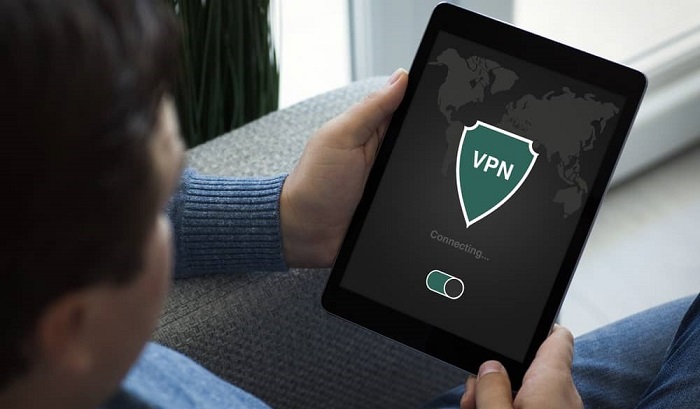
The state tightly controls internet access, even as key officials maintain active social media presences, underscoring the regime’s hypocrisy.
In an expose by the state-run Sharq Daily, it was revealed that Iranians are being forced to pay disproportionately high fees for restricted internet access.
A 7GB mobile internet package can cost as much as 28.2 million tomans a month, with some citizens resorting to purchasing these packages multiple times a week. Additionally, Virtual Private Networks (VPNs), often utilized to bypass internet restrictions, come with a monthly cost of around 200,000 tomans.
Internet censorship in Iran is so pervasive that the country ranks second globally for internet disruptions, trailing only Myanmar, and second in limited internet access, after China. The state-run newspaper Etemad reported that this form of digital control allows the regime to profit massively at the expense of ordinary citizens.
#Iran's regime faces a deadly paradox in officially implementing “internet protection” & it is a double-edged sword. Implementing it results in protests, & not implementing it allows the news from Iran to reach outside & people to stay in touch with the organized Resistance
— NCRI-FAC (@iran_policy) July 16, 2022
Approximately 70 million Iranians access social media daily despite significant restrictions, with nearly 48 million depending on VPNs to navigate the web. However, these VPNs are also controlled by the government, contributing to the regime’s coffers.
The paradoxical situation enables the regime to both restrict internet access and profit from circumventing these restrictions. In 2019, Communications Minister Mohammad Javad Azari Jahromi described the entities selling VPNs as a “mafia”, highlighting the illicit nature of this activity.
Several state officials have since come forward, implicating the regime in the profiteering. Among them is Ahmad Alireza Beigi, a parliamentary member, who revealed that the revenue from VPN sales benefits specific entities under government supervision. IT experts further suggest that agencies like the Islamic Revolutionary Guard Corps (IRGC) may automatically install VPNs on new electronic devices, enabling them to monitor and control users’ online activities.
In tomorrow’s #Iran, there will be complete freedom of opinion, expression, thought, and the press, and any censorship or inspection of opinions is prohibited.#WPFD2023 #WorldPressFreedomDay https://t.co/T1dieUHt8i pic.twitter.com/BeMFHHpezc
— Maryam Rajavi (@Maryam_Rajavi) May 3, 2023
Even as a blame game unfolds among state officials over the economy’s woes and the alleged “mafia” influence, it is clear that the real losers are the Iranian people.
As the international community watches Iran’s worsening situation, the calls for regime change grow louder amongst the beleaguered populace, exemplifying their resounding defiance against their common adversary: the ruling establishment.

MEK Iran (follow us on Twitter and Facebook), Maryam Rajavi’s on her site, Twitter & Facebook, NCRI (Twitter & Facebook), and People’s Mojahedin Organization of Iran – MEK IRAN – YouTu







